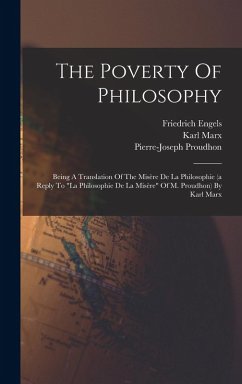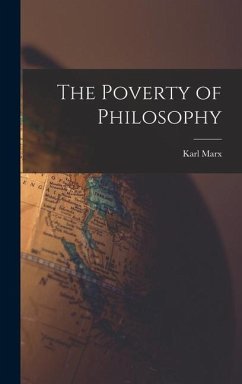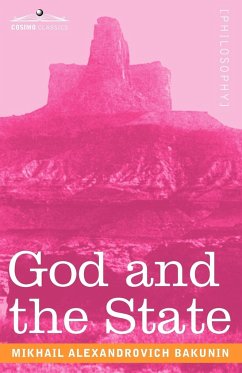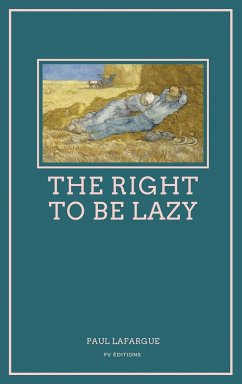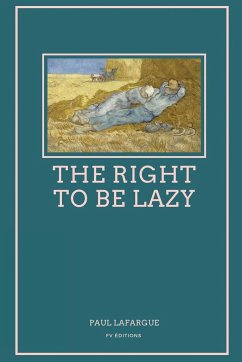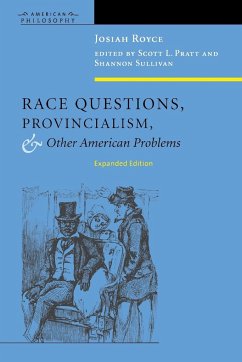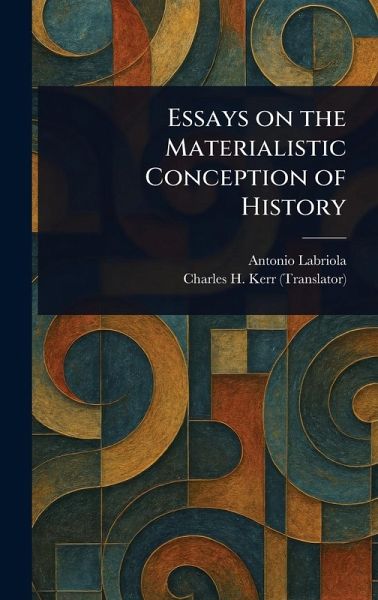
Essays on the Materialistic Conception of History
Versandkostenfrei!
Versandfertig in über 4 Wochen
29,99 €
inkl. MwSt.
Weitere Ausgaben:

PAYBACK Punkte
15 °P sammeln!
Antonio Labriola's "Essays on the Materialistic Conception of History" offers a profound exploration of historical materialism and its application to social and political analysis. A key figure in the development of Marxist thought, Labriola provides a detailed examination of the philosophical underpinnings of Marxism, particularly as expressed in Karl Marx's seminal work, "Manifesto of the Communist Party." This collection of essays delves into the complexities of historical analysis through the lens of social theory, providing invaluable insights into the forces that shape human societies. L...
Antonio Labriola's "Essays on the Materialistic Conception of History" offers a profound exploration of historical materialism and its application to social and political analysis. A key figure in the development of Marxist thought, Labriola provides a detailed examination of the philosophical underpinnings of Marxism, particularly as expressed in Karl Marx's seminal work, "Manifesto of the Communist Party." This collection of essays delves into the complexities of historical analysis through the lens of social theory, providing invaluable insights into the forces that shape human societies. Labriola's work remains essential reading for anyone seeking a deeper understanding of the historical, social, and economic factors that drive societal change. Exploring themes relevant to both philosophy and sociology, the essays offer a comprehensive overview of the historical context of Europe and the development of Marxist ideology. This meticulous print republication ensures that Labriola's important contribution to social science continues to be accessible to scholars and general readers alike. This work has been selected by scholars as being culturally important, and is part of the knowledge base of civilization as we know it. This work is in the public domain in the United States of America, and possibly other nations. Within the United States, you may freely copy and distribute this work, as no entity (individual or corporate) has a copyright on the body of the work. Scholars believe, and we concur, that this work is important enough to be preserved, reproduced, and made generally available to the public. We appreciate your support of the preservation process, and thank you for being an important part of keeping this knowledge alive and relevant.






